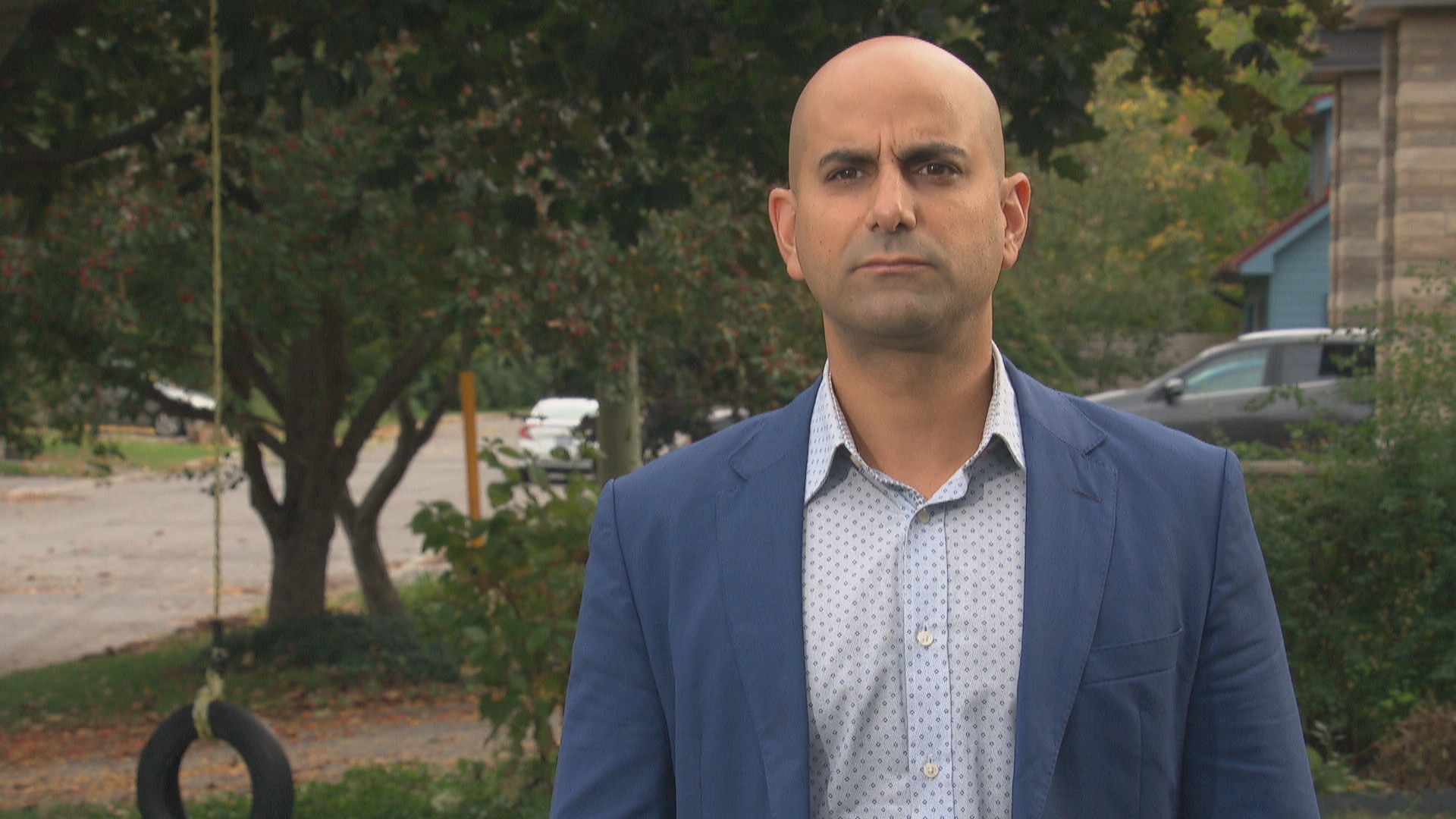Advertisement
The bill, called the Preventing Animal Cruelty and Torture Act, makes intentional acts of cruelty to animals federal crimes carrying penalties of up to seven years in prison.

In a rare display of political unity, President Trump on Monday signed a bipartisan bill that, for the first time, makes acts of animal cruelty a federal crime punishable with fines and up to seven years in prison.
The bill, called the Preventing Animal Cruelty and Torture Act, was introduced in the House this year by two Florida lawmakers — Representative Vern Buchanan, a Republican, and Representative Ted Deutch, a Democrat. It expands a 2010 law signed by President Barack Obama that banned videos that show animals being crushed, burned, drowned, suffocated, impaled or subjected to other forms of torture.
Now, intentional acts of cruelty shown in the videos are also felony offenses.
“It is important that we combat these heinous and sadistic acts of cruelty, which are totally unacceptable in a civilized society,” Mr. Trump said at a signing ceremony on Monday, where he was joined by Mr. Buchanan and animal rights advocates.
The bill was passed unanimously by a voice vote in the House in October. It was passed unanimously by the Senate in November and went into effect on Monday.
Mr. Buchanan said that signing the bill “into law is a significant milestone for pet owners and animal lovers across the country.”
Federal law already bans sponsoring animal fights.
Laws in all 50 states already include felony provisions for animal cruelty. But the federal bill would help prosecutors address cases of abused animals that cross state lines, animal rights groups have said. It could also funnel more resources toward investigating and prosecuting animal cruelty cases.
The additional step of making acts of cruelty a crime “makes a statement about American values,” said Kitty Block, president and chief executive of the Humane Society of the United States.
“The approval of this measure by the Congress and the president marks a new era in the codification of kindness to animals within federal law,” she said. “For decades, a national anti-cruelty law was a dream for animal protectionists. Today, it is a reality.”
Chris Schindler, vice president of field services at the Humane Rescue Alliance, said in a statement on Monday that the law would be particularly important in the District of Columbia, where cruelty cases often involve multiple jurisdictions and, on occasion, federal property.
“Our officers investigate thousands of animal cruelty cases each year, but have been unable to truly bring justice for the animals in instances when the cruelty occurs across multiple jurisdictions,” he said. “The PACT Act is a necessary tool for us to provide further protections for animals and our community, and will ensure some of the most horrific acts of animal cruelty are prosecuted to the fullest extent of the law.”
The bill would not apply to people who slaughter animals for food or to those who hunt, trap and fish.
Federal action addressing animal cruelty stretches back to the late 1990s, after the Humane Society of the United States began investigating “crush videos,” in which animals are tortured or killed, often under a woman’s foot, in the service of a sexual fetish.
The federal government enacted a law in 1999 that made the production and sale of such videos a federal crime. But in 2010, the Supreme Court ruled that law unconstitutional on First Amendment grounds after some argued it was overly broad.
A replacement bill was passed and signed by Mr. Obama in 2010.


